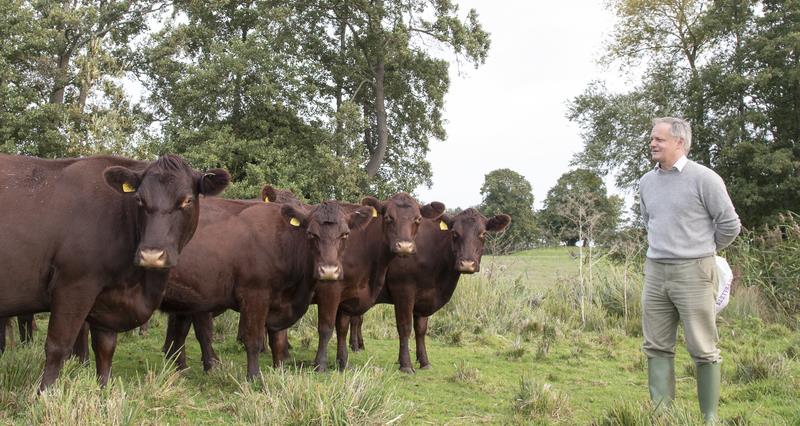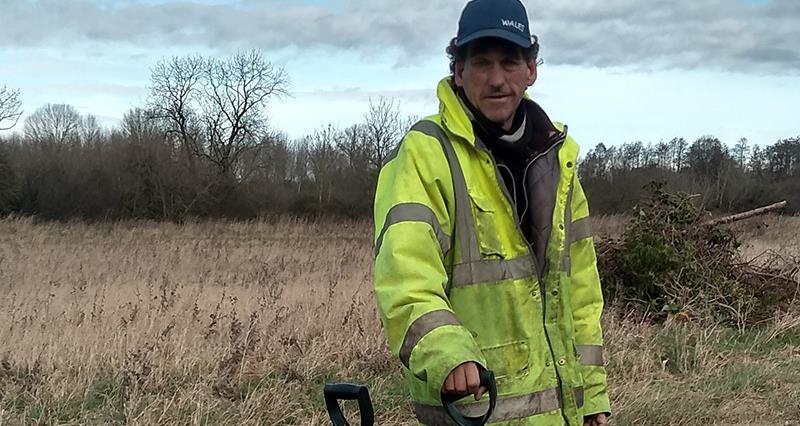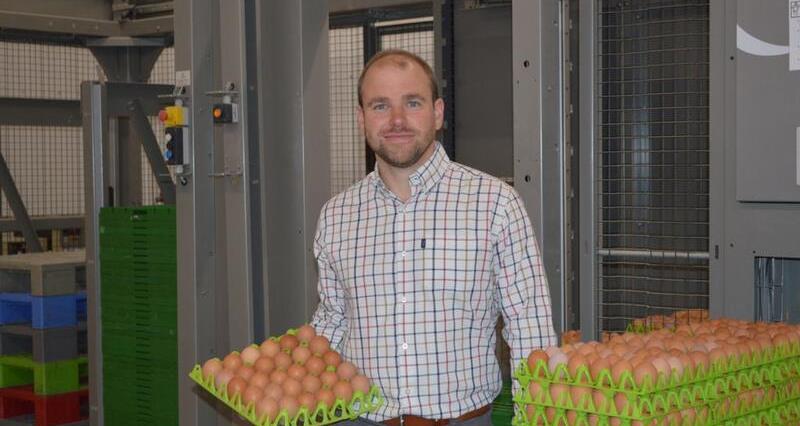The recent WEET Forum brought together a diverse panel of experts to discuss the urgent need for climate adaptation and resilience in the UK. NFU Environment Forum chair Richard Bramley shares his insights on the vulnerabilities and challenges confronting the agricultural sector due to climate change.
National Adaptation Programme 3
Defra has recently published (the government’s third National Adaptation Programme), a strategic five-year plan to boost resilience and protect people, homes, businesses, and cultural heritage against climate change risks. Its vision is a country that effectively plans for and is fully adapted to the changing climate, with resilience against each of the identified climate risks. The panel acknowledged that NAP3 wants the UK to be prepared for the challenges posed by future climates. However, concerns were expressed about progress to date and the panel expressed the need for tangible and effective measures in climate adaptation planning, highlighting that action is needed now.
Agriculture at risk
Richard Bramley's perspective as a farmer provides valuable insights into the challenges faced by the agricultural sector. He considered agriculture’s role in delivering for the other topics under consideration by the panel: nature and ecosystems, food and health, utilities and infrastructure, and society and the economy.
- Nature and ecosystems: Richard emphasised the integral connection between farming and the environment. Sustainable agriculture is closely tied to biodiversity and soil health. Farmers play a crucial role in improving the environment by adopting practices that enhance biodiversity and ecosystems.
- Food and health: The production of safe and healthy food is a fundamental concern. Climate change poses risks to crop yields and livestock, which can have adverse consequences for food availability and affordability.
- Utilities and infrastructure: Rural areas host essential utilities and infrastructure, and these are susceptible to climate-related challenges like flooding. Implementing natural flood management schemes together with hard defences can help protect these critical assets.
- Society and the economy: Agriculture is a cornerstone of the UK economy, and it's also essential for food to remain affordable. However, Richard pointed out that this focus on cheap food can hinder investments in sustainable farming practices.
The urgent need for action
Richard's presentation highlighted the urgency of addressing climate change impacts on agriculture. He presented data that showed the alarming trends in global food production being severely impacted by climate issues. With a growing global population and an array of production risks, the need for action is undeniable.
Richard also raised concerns about water scarcity, the dependence on Southern Europe for fresh produce, and the increasing threat of pests. These challenges point to significant vulnerabilities of the UK's food system.
Economic implications
The economic impacts of climate change on agriculture are far-reaching. Richard highlighted several economic challenges, including the declining direct support, delays in payments for Biodiversity Net Gain, and the uncertainty of voluntary carbon markets. Additionally, rising costs for energy, machinery, technology, and insurance are putting immense pressure on farmers' finances.
Balancing environmental costs
One of the pressing questions raised during the conference was how to properly price the environmental costs of food production without disadvantaging the poorest in society. Richard stressed that addressing this issue requires a systemic approach, acknowledging that cheap food is deeply ingrained in the UK's economy.
Achieving a balance between environmental sustainability and affordability is a complex task that needs careful consideration.
Rewilding and land use
Responding to a question about rewilding, Richard emphasised that any move towards less intensive land management should consider the strategic use of land.
England's highly managed landscape has deep historical and cultural significance, and any transition must respect the livelihoods and traditions of those who have farmed the land for generations.
Take home messages
Richard's insights at the Westminster Energy, Environment & Transport Forum shed light on the urgent need to support climate adaptation and resilience in agriculture. His experiences as a farmer highlighted the complex interplay between environmental sustainability, food security, and economic viability.
As the impacts of climate change continue to intensify, addressing these challenges will require a concerted effort from policymakers, farmers, the supply chain and society as a whole in order to secure a sustainable and resilient future for UK agriculture.
Find out more about climate adaption:




